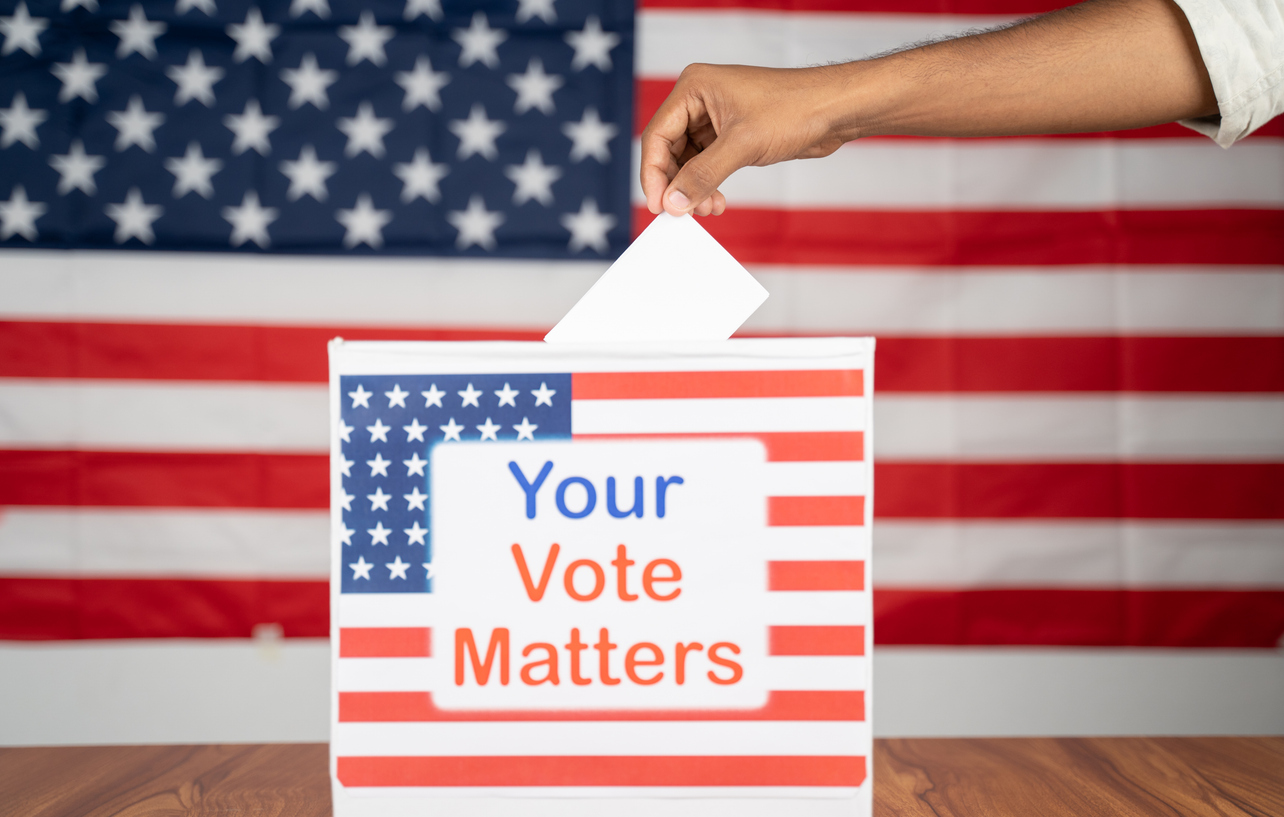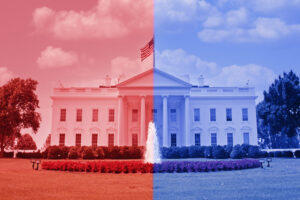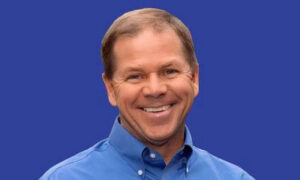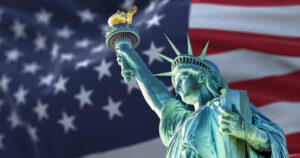Not voting in the presidential primary and general election is tantamount to an act of dereliction of duty, even desertion when it comes to defending and protecting our democratic republic.
At a bare minimum, it certainly can be considered cowardice and laziness.
Offended? We should be.
Being disappointed or disgusted with the candidates seeking our vote — either current or aspiring office holders — is often offered as reasons for not voting.
But are these really valid or legitimate excuses? Would these reasons be acceptable for not carrying out your duties in any position of responsibility that you hold?
This military comparison is quite fitting because America is engaged in a war — a civil war to determine how this country will be governed. Will we remain a country governed by democratic principles and rules of law or authoritarian and dictatorial rules?
Military forces have been, and continue to be engaged, and fighting wars with guns and bombs to determine an answer to that same question.
We as Americans are engaged in a war, albeit in an arena of dangerous words with misinformation and disinformation as weapons of war, waged by those in authority that we should be able to trust.
Our duty as soldiers of democracy is to do our part. That means we should remain engaged, provide support in ways that we can, and act with our vote.
So, what is the difference between being a nonvoter in a democracy and a deserter in the military?
They both represent dereliction of duty.
Also, characterizing it as cowardice and laziness seem especially fitting when we are facing some of the most important and consequential races in recent history.
Failing to vote is cowardice because it shows a lack of courage to take a stand, work, and vote for one party or the other and its candidates.
It is laziness because it shows a lack of energy to invest the time to understand the positions and differences among the choices in order to make an informed decision on election day.
Most polls taken today seek to assess several things about the upcoming presidential election: (1) the preferred candidate; (2) the most important issue; (3) whether the potential voter remains undecided; or (4) determining if they plan to vote at all.
While much attention is being focused on the undecided voters by prospective candidates and political pundits, more focus should be placed on the nonvoter.
Something needs to be done to prick the conscience of the nonvoter. Nonvoters have become comfortable being non-entities — not counted — relying on others to make the decision, often only to become chronic complainers.
There are growing reasons to be alarmed. There was a time when nonvoters would have been too ashamed to admit they did not vote or were not registered. But, today, many claim their non-participation with comfort and ease.
Casting a protest vote by writing in a non-candidate is another tactic being used —seemingly being worn as a badge of honor, instead of seeing it as wasting their vote.
A host of pious boastings are offered: “Neither candidate is competent. Both are bad for America. Politics and government are no longer effective and functioning in the best interest of the people. Congress is hopelessly deadlocked and doesn’t get anything done.”
While there may be some element of truth to all of the above, it is still no excuse for us not to do our part.
Brash, non-voting braggarts, dismayed or disillusioned — too many of us have become.
What a way to demonstrate being a proud American, thankful to those who made it possible, many by giving their lives for the democratic principles they fervently believed in, including the right to vote.
We just finished honoring them this past Memorial Day. We honor them each Veterans Day. Is it in name only? Is it only about laying wreaths, picnics and parades?
More and more, we are squandering the privilege to vote with no shame, no remorse, and no sense of obligation or responsibility. Very little connection is made between failing to vote and the quality of one’s family life, the well-being of one’s community, the quality of neighborhood schools, availability of jobs, and the buying power of a hard-earned dollar.
How will our democratic process survive if this downward spiral of non-voting continues? If fewer and fewer Americans vote, over time what kind of democracy will there be?
Many young people offer such frivolous reasons as politics is boring, irrelevant or uninteresting. Many older people hide behind cynicism, finding fault, placing blame as solace is found in self-righteous indignation and the ignoble position of being a nonvoter.
There are other presidential primary elections and other local elections that will occur, culminating with the general election in November. Candidates for these offices present clear and distinct choices. If you claim there is no difference between candidates for any of the campaigns, you are truly out of touch with your government and its future impact on your life and the lives of your loved ones.
Voting is a small investment that yields decisive consequences for the quality of life in America, in your state, in your city, in your community, and the overall quality of our democratic process.
If the shoes of AWOL, spinelessness and being trifling don’t fit you, then don’t wear them. One must ask, however, “If it were up to nonvoters, where would our governmental process be? Where would our country be?”
The morning after any election of which you could have been a part, will your action have demonstrated you reported for duty or abdicated your responsibility?
Imagine what the outcome could be if we showed up for duty in record numbers?
This column contains excerpts from the author’s upcoming book, USING MY WORD POWER: Advocating for a More Civilized Society, Book II: Patriotism and Politics.
GET THE MORNING HEADLINES.
Our stories may be republished online or in print under Creative Commons license CC BY-NC-ND 4.0. We ask that you edit only for style or to shorten, provide proper attribution and link to our website. AP and Getty images may not be republished. Please see our republishing guidelines for use of any other photos and graphics.






Janice Ellis